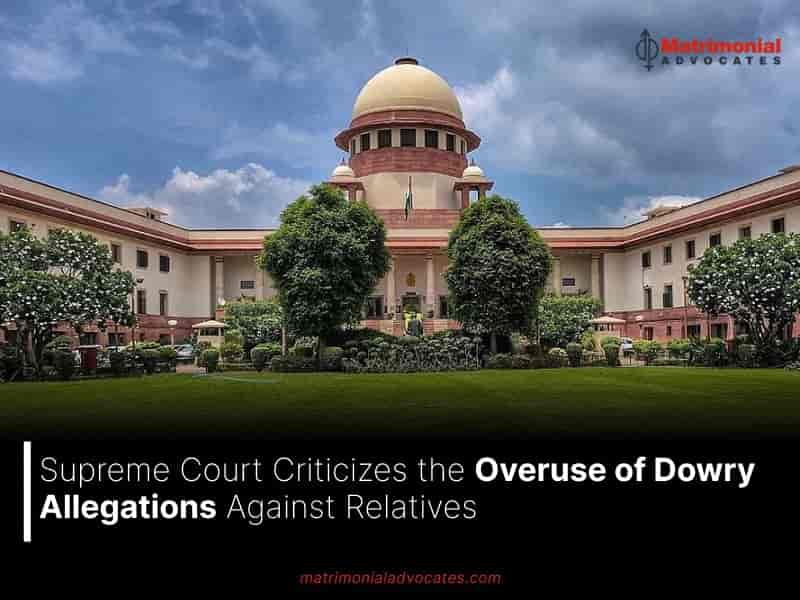
In a significant ruling, the Supreme Court on Wednesday highlighted a concerning trend where victims of dowry harassment are increasingly making accusations against their husband’s relatives. The court dismissed a dowry harassment case against the woman’s parents-in-law, noting that the allegations were vague and lacked specifics about physical abuse.
The bench, comprising Justices Ahsanuddin Amanullah and Prashant Kumar Mishra, observed that the complaints primarily consisted of remarks and claims about the political influence of the husband’s family, which were alleged to have shaped their actions. The judgment remarked, “The allegation only involves taunts and assertions that they are politically influential, with connections to ministers, which allegedly led the first accused (husband) to pressure the third accused (husband’s parents) to demand additional dowry from the complainant.”
The justices criticized the frequent inclusion of the husband’s relatives in legal cases under Section 498A of the IPC and Section 4 of the Dowry Prohibition Act, 1961, calling it an undesirable practice. They stated, “In light of the increasing trend of dowry victims implicating the husband’s relatives, this court disapproves of involving them in such offenses.”
The case stemmed from a 2014 marriage in Guntur, Andhra Pradesh. Five months after the wedding, the woman returned to live with her parents, alternating between her marital and parental homes before eventually moving to the US without informing her husband’s family. This led to several legal actions, including a restitution of conjugal rights and a petition for divorce filed by the husband in 2016, to which the wife responded by filing multiple police complaints involving several family members.





